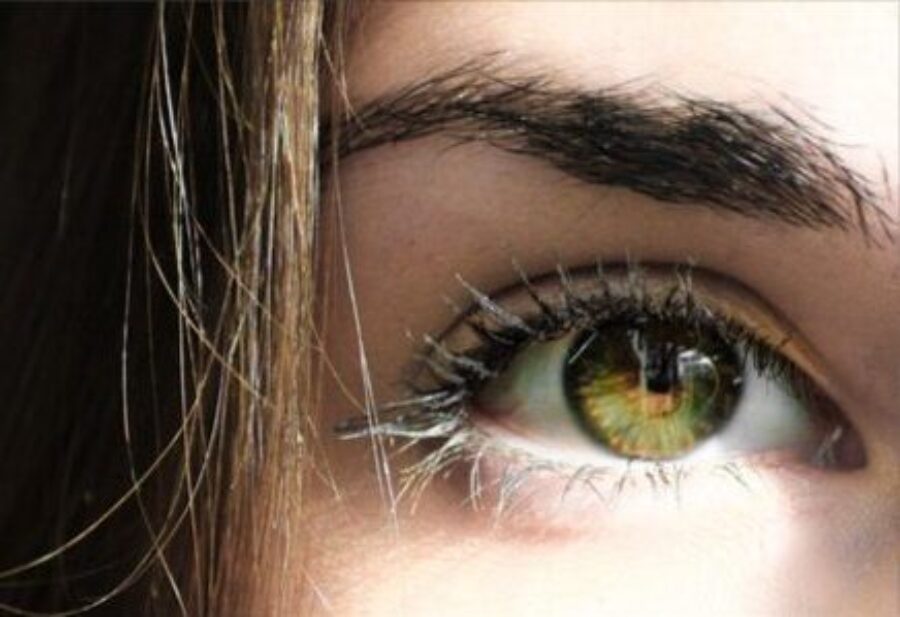Blog post
Alexa Offering RNIB Sight Loss Advice
Alexa collaborates with RNIB
The collaboration now allows Alexa-users to get information directly from the charity's Sight Loss Advice Service. It is hoped that the tool will help more than two million people across the UK who are living with sight loss, after RNIB research showed that vision impairment remains a significant barrier to accessing the internet.
Dolly McLoughlin, a 71-year-old from Harrow, started to lose her sight in her forties due to a genetic disorder. Dolly finds it challenging to keep up to date with developments in technology, and researching on the internet is particularly difficult for her. She said: "Alexa is different. I can ask her questions, and she will tell me the answer. Listening to music, the radio and my audiobooks through Alexa is wonderful, but getting direct information is priceless."
Sight Loss is a barrier to technology
RNIB's findings show that 54% of blind or partially sighted people claim their sight loss is a barrier to using the internet. Whilst 61% feel unable to make the most of new technology.
David Clarke, Director of Services at RNIB, said: "Voice assistant technology is playing an ever-increasing role in transforming the lives of blind and partially sighted people. Members of our Connect Community tell us they often use voice assistants, like Alexa, to stay up-to-date with the latest news and information - and many say they find it easier to use than screen-based techs, like smartphones, tablets or computers."
How to use Alexa for information
Alexa users will now instantly be able to hear RNIB-verified information using voice commands such as:
- "Alexa, how do I register as sight impaired or severely sight impaired?"
- "Alexa, what assistive technology do blind people use?"
- "Alexa, what should I do if I think I'm losing my sight?"



